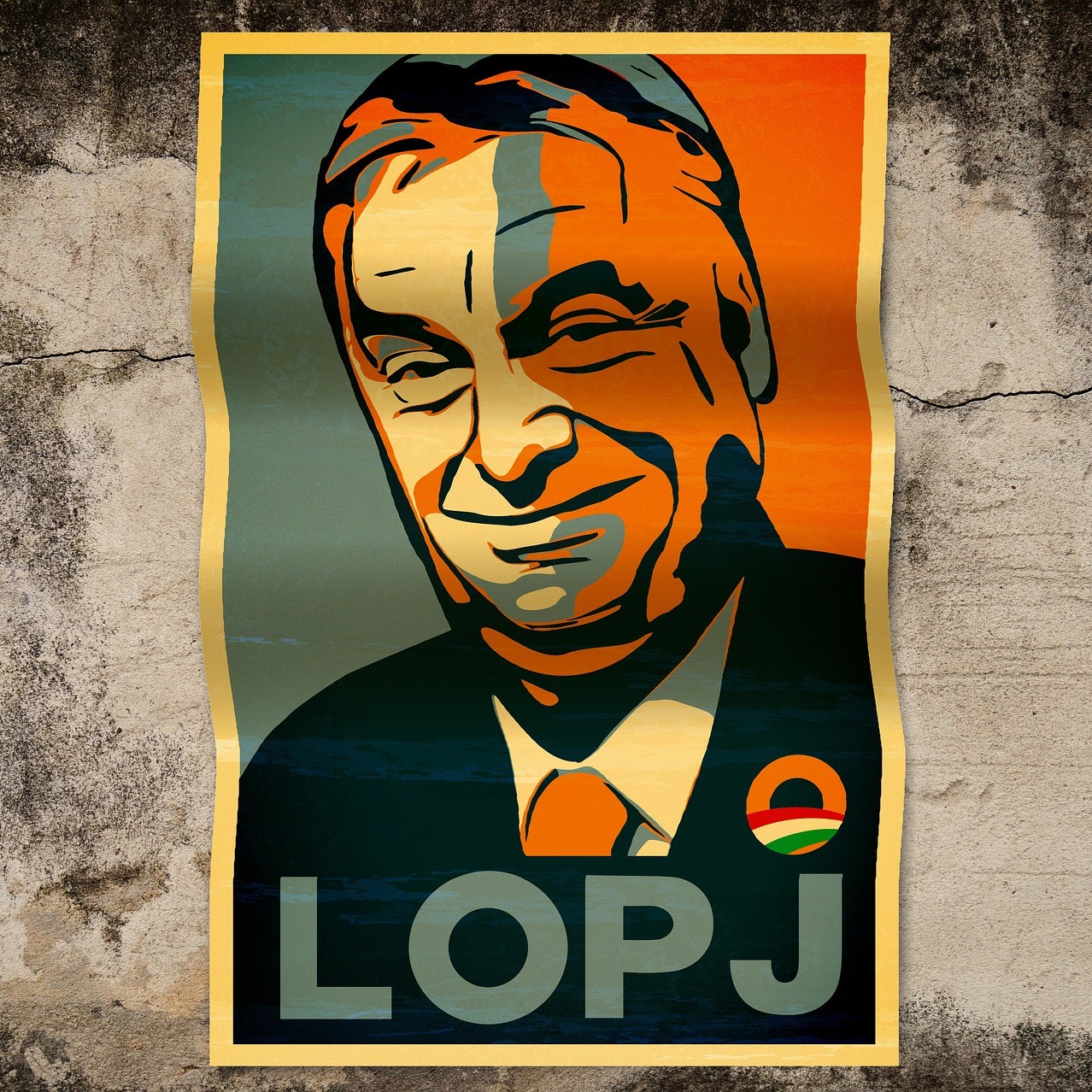Qassem Suleimani is the Iranian operative who has been reshaping the Middle East. Now he’s directing Assad’s war in Syria.
Last February, some of Iran’s most influential leaders gathered at the Amir al-Momenin Mosque, in northeast Tehran, inside a gated community reserved for officers of the Revolutionary Guard. They had come to pay their last respects to a fallen comrade. Hassan Shateri, a veteran of Iran’s covert wars throughout the Middle East and South Asia, was a senior commander in a powerful, élite branch of the Revolutionary Guard called the Quds Force. The force is the sharp instrument of Iranian foreign policy, roughly analogous to a combined C.I.A. and Special Forces; its name comes from the Persian word for Jerusalem, which its fighters have promised to liberate. Since 1979, its goal has been to subvert Iran’s enemies and extend the country’s influence across the Middle East. Shateri had spent much of his career abroad, first in Afghanistan and then in Iraq, where the Quds Force helped Shiite militias kill American soldiers.
Shateri had been killed two days before, on the road that runs between Damascus and Beirut. He had gone to Syria, along with thousands of other members of the Quds Force, to rescue the country’s besieged President, Bashar al-Assad, a crucial ally of Iran. In the past few years, Shateri had worked under an alias as the Quds Force’s chief in Lebanon; there he had helped sustain the armed group Hezbollah, which at the time of the funeral had begun to pour men into Syria to fight for the regime. The circumstances of his death were unclear: one Iranian official said that Shateri had been “directly targeted” by “the Zionist regime,” as Iranians habitually refer to Israel.
At the funeral, the mourners sobbed, and some beat their chests in the Shiite way. Shateri’s casket was wrapped in an Iranian flag, and gathered around it were the commander of the Revolutionary Guard, dressed in green fatigues; a member of the plot to murder four exiled opposition leaders in a Berlin restaurant in 1992; and the father of Imad Mughniyeh, the Hezbollah commander believed to be responsible for the bombings that killed more than two hundred and fifty Americans in Beirut in 1983. Mughniyeh was assassinated in 2008, purportedly by Israeli agents. In the ethos of the Iranian revolution, to die was to serve. Before Shateri’s funeral, Ayatollah Ali Khamenei, the country’s Supreme Leader, released a note of praise: “In the end, he drank the sweet syrup of martyrdom.”
Kneeling in the second row on the mosque’s carpeted floor was Major General Qassem Suleimani, the Quds Force’s leader: a small man of fifty-six, with silver hair, a close-cropped beard, and a look of intense self-containment. It was Suleimani who had sent Shateri, an old and trusted friend, to his death. As Revolutionary Guard commanders, he and Shateri belonged to a small fraternity formed during the Sacred Defense, the name given to the Iran-Iraq War, which lasted from 1980 to 1988 and left as many as a million people dead. It was a catastrophic fight, but for Iran it was the beginning of a three-decade project to build a Shiite sphere of influence, stretching across Iraq and Syria to the Mediterranean. Along with its allies in Syria and Lebanon, Iran forms an Axis of Resistance, arrayed against the region’s dominant Sunni powers and the West. In Syria, the project hung in the balance, and Suleimani was mounting a desperate fight, even if the price of victory was a sectarian conflict that engulfed the region for years.
Suleimani took command of the Quds Force fifteen years ago, and in that time he has sought to reshape the Middle East in Iran’s favor, working as a power broker and as a military force: assassinating rivals, arming allies, and, for most of a decade, directing a network of militant groups that killed hundreds of Americans in Iraq. The U.S. Department of the Treasury has sanctioned Suleimani for his role in supporting the Assad regime, and for abetting terrorism. And yet he has remained mostly invisible to the outside world, even as he runs agents and directs operations. “Suleimani is the single most powerful operative in the Middle East today,” John Maguire, a former C.I.A. officer in Iraq, told me, “and no one’s ever heard of him.”
When Suleimani appears in public—often to speak at veterans’ events or to meet with Khamenei—he carries himself inconspicuously and rarely raises his voice, exhibiting a trait that Arabs call khilib, or understated charisma. “He is so short, but he has this presence,” a former senior Iraqi official told me. “There will be ten people in a room, and when Suleimani walks in he doesn’t come and sit with you. He sits over there on the other side of room, by himself, in a very quiet way. Doesn’t speak, doesn’t comment, just sits and listens. And so of course everyone is thinking only about him.”
By Dexter Filkins, September 23, 2013, THE NEW YORKER, READ THE FULL ARTICLE
PHOTO: SKY NEWS
Redazione
La redazione di Babilon è composta da giovani giornalisti, analisti e ricercatori attenti alle dinamiche mondiali. Il nostro obiettivo è rendere più comprensibile la geopolitica a tutti i tipi di lettori.
La crisi della democrazia negli Stati Uniti
14 Lug 2024
Che America è quella che andrà al voto il 5 novembre 2024 per eleggere il suo presidente? Chi vincerà lo scontro tra…
Viktor Orbán, storia di un autorevole autoritario
9 Lug 2024
Era il primo gennaio 2012 quando la nuova, e subito contestata, Costituzione ungherese entrava in vigore. I segnali di…
L’Europa e le vere sfide del nostro tempo
29 Mag 2024
Nel saggio Rompere l'assedio, in uscita il 31 maggio per Paesi Edizioni, Roberto Arditti, giornalista da oltre…
I fronti aperti di Israele in Medio Oriente
6 Nov 2023
Negli ultimi anni, sotto la guida di Benjamin Netanyahu Israele è stato molto attivo in politica estera e piuttosto…




